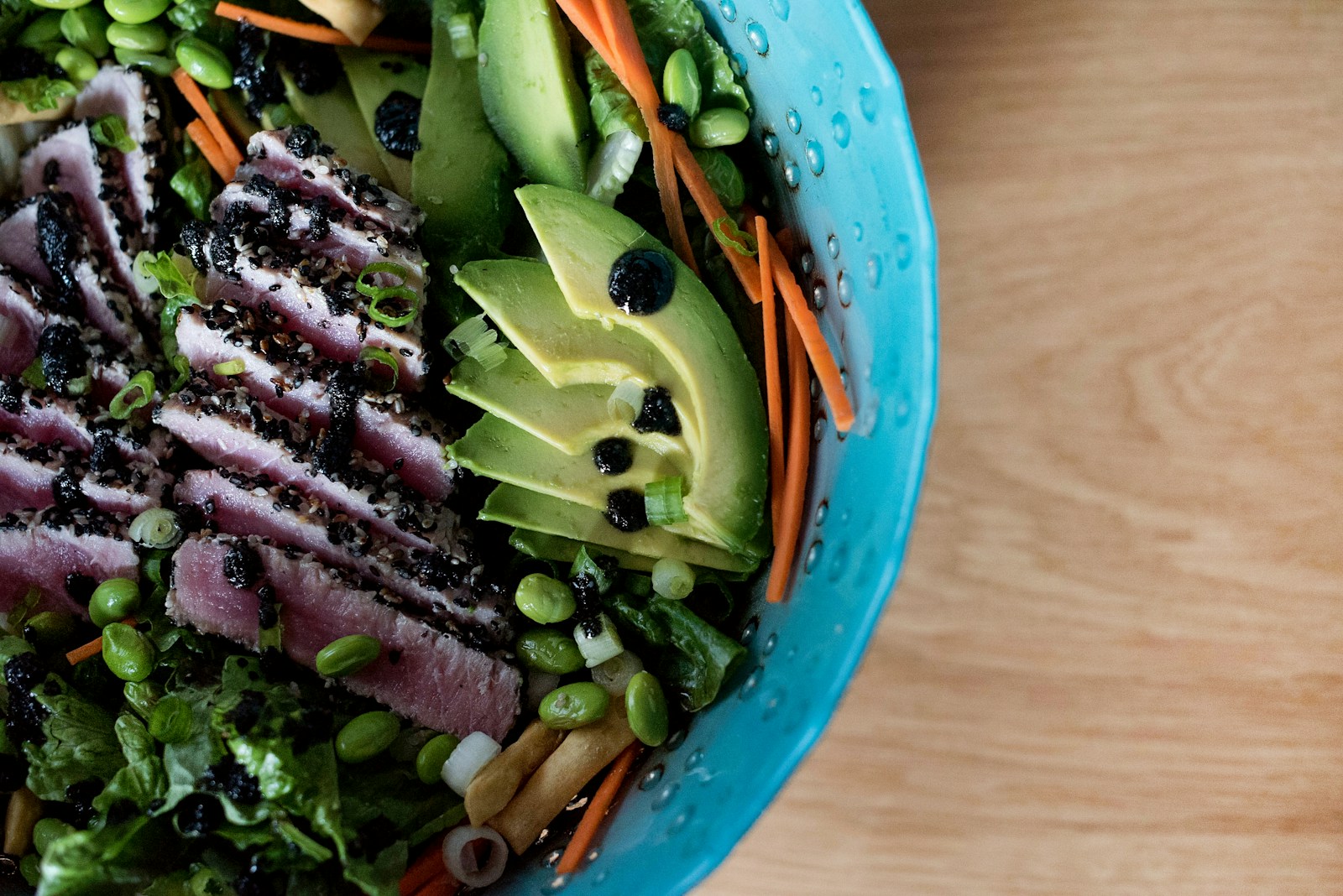The ketogenic (keto) diet has been a buzzword in the realm of nutrition and fitness for quite some time. Initially developed to manage epilepsy, this high-fat, moderate-protein, and low-carbohydrate diet has transcended its clinical origins to become a popular lifestyle choice for many, including athletes and fitness enthusiasts.
With promises of rapid weight loss and potential metabolic advantages, many individuals are turning to the keto diet to level up their athletic performance.
But just how effective is this dietary approach for the active man or woman? Let’s break it down.
What is The Impact of Keto Diet on Athletic Performance
The impact of the keto diet on athletic performance has spurred a flurry of interest and research. The crux of the diet lies in inducing a state of ketosis, where the body shifts from relying on carbohydrates to burning fat as its primary fuel source. This switch, proponents argue, could offer a more sustainable energy reserve for endurance sports, theoretically enhancing athletic performance. However, the impact varies based on the sport, the intensity of the activity, and the individual athlete.
How to use the keto diet on athletic performance
For athletes considering the keto diet, the transition must be approached methodically. The change in fuel source can initially lead to a dip in performance as the body adapts to using ketones instead of glucose for energy—a process that can take several weeks. During this adaptation phase, athletes may experience fatigue, weakness, and a temporary decline in their training capacity. It’s crucial to monitor nutritional intake, ensuring adequate electrolytes and hydration, which can be disrupted on a ketogenic diet.
How much the keto diet improve the athletic performance
Quantifying the improvement in athletic performance due to the keto diet can be challenging. While some studies have shown that endurance athletes may benefit from the prolonged fuel availability from fat stores, high-intensity athletes, such as sprinters or weightlifters, may not experience the same benefits. These activities rely heavily on the anaerobic pathway and the quick availability of glucose for short bursts of energy, something the keto diet may not support optimally.
Benefit of the keto diet on athletic performance
One of the touted benefits of the keto diet is weight loss, which can improve power-to-weight ratio—an important factor for many sports. Additionally, some athletes report heightened mental clarity and focus while in ketosis, potentially providing a cognitive edge in competition. Moreover, the anti-inflammatory properties of a well-formulated keto diet may aid in recovery and reduce downtime due to muscle soreness.
Keto Diet on Athletic Performance tips
Athletes considering the keto diet should focus on high-quality fats such as avocados, nuts, seeds, and olive oil, along with adequate protein intake to support muscle repair and recovery. It’s also important to include a variety of low-carb vegetables for fiber and micronutrients. Timing of meals and strategic carbohydrate reintroduction around training sessions can also play a critical role in optimizing performance.
Keto Diet on Athletic Performance conclusions
The impact of the keto diet on athletic performance is not one-size-fits-all. While some athletes may experience enhanced endurance and improved body composition, others might find the diet restrictive and detrimental to their high-intensity performance goals. It’s critical for each individual, man or woman, to assess their personal goals, the demands of their sport, and their body’s response to the diet. Consulting with a dietitian or nutritionist specialized in sports nutrition can provide tailored guidance for successfully incorporating the keto diet into an athlete’s regimen.
In conclusion, the keto diet holds potential benefits for weight loss and certain aspects of athletic performance, particularly in endurance sports. However, the level of improvement varies widely and requires careful consideration and adaptation. Ultimately, athletes should prioritize a dietary approach that aligns with their energy needs and performance goals, whether that includes ketosis or a different nutritional strategy.







